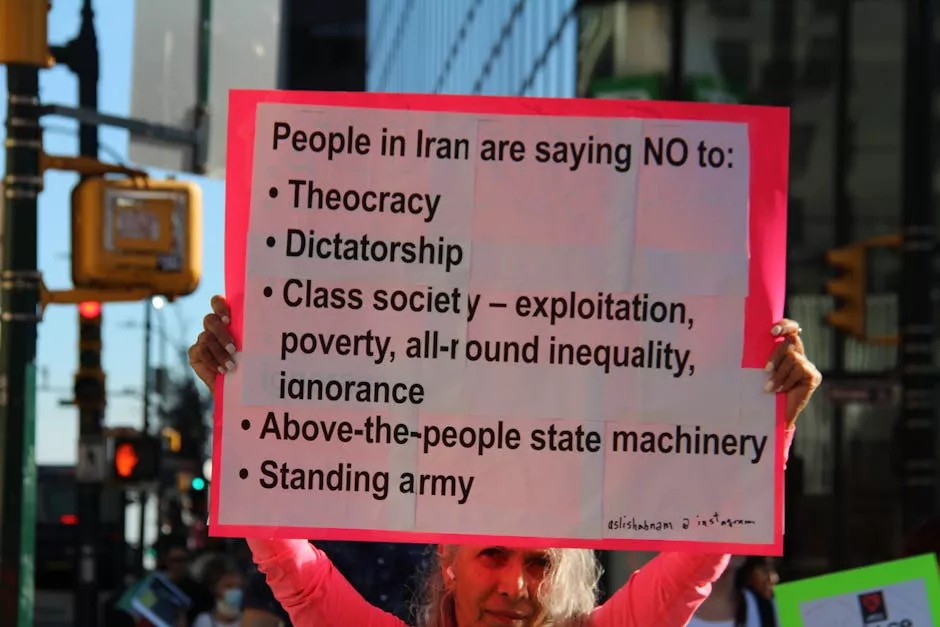Paris Agreement's Success Triggers Fossil Fuel Industry Panic
A decade after its adoption, the Paris Agreement has fundamentally transformed global energy politics, prompting increasingly desperate lobbying efforts from Big Oil as renewable energy gains momentum.

Ten years after world leaders gathered in the French capital to forge a historic climate pact, the Paris Agreement's impact on global energy politics has become undeniable – and nowhere is this more evident than in the increasingly frantic response from the fossil fuel industry.
The agreement, signed by 196 countries in December 2015, set ambitious goals to limit global warming to well below 2°C above pre-industrial levels. While critics initially dismissed it as toothless diplomacy, the past decade has revealed its true power: fundamentally reshaping how nations, investors, and corporations approach energy policy.
The Numbers Don't Lie
Global renewable energy capacity has more than doubled since 2015, with solar and wind power becoming the cheapest sources of electricity in most markets. Coal consumption has peaked in major economies, while electric vehicle sales have surged from under 500,000 annually to over 14 million in 2023. These shifts represent a seismic transformation that has caught the fossil fuel industry off guard.
The clearest indicator of the Paris Agreement's effectiveness isn't found in climate statistics, but in corporate boardrooms and lobbying expenditures. Major oil companies have dramatically increased their political spending, pouring billions into campaigns designed to slow the energy transition and preserve their market dominance.
Geopolitical Realignment
The agreement has triggered a fundamental realignment of global power structures. Traditional energy exporters like Saudi Arabia and Russia face existential challenges to their petro-state model, while countries rich in renewable resources – from Morocco's solar potential to Chile's lithium reserves – emerge as new energy superpowers.
China's strategic pivot toward clean technology manufacturing has positioned it as the dominant force in solar panels, wind turbines, and electric vehicle batteries. This shift has created new dependencies and trade relationships that are reshaping diplomatic alliances and economic partnerships worldwide.
The Lobbying Surge
Recent years have witnessed an unprecedented surge in fossil fuel lobbying activities. Industry groups have mobilized massive campaigns targeting climate policies, from the European Union's Green Deal to the United States' Inflation Reduction Act. The intensity of this pushback reveals just how threatened traditional energy companies feel by the transition unleashed by Paris.
Legal challenges, disinformation campaigns, and regulatory capture attempts have become standard tools in the industry's arsenal. Yet these desperate measures paradoxically demonstrate the agreement's success in creating an irreversible momentum toward decarbonization.
Looking Forward
As the world approaches the next major climate summit, the Paris Agreement's legacy is clear: it created a framework that has unleashed market forces, technological innovation, and political pressure that the fossil fuel industry cannot ultimately resist. The louder their protests become, the more obvious their fear – and the clearer the evidence that the energy transition is not just inevitable, but already well underway.






